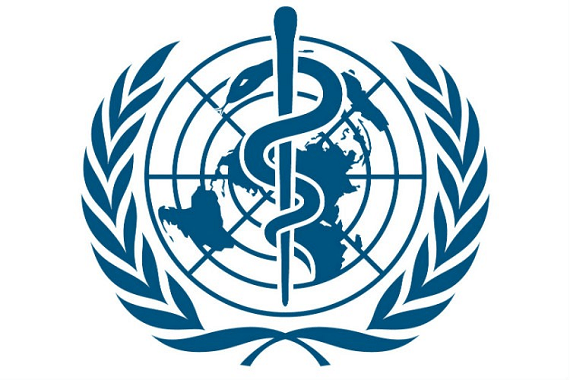
Pandemic-related disruptions caused tens of thousands more malaria deaths in 2020, the World Health Organisation said Monday but added that urgent action had averted a far worse scenario.
In a fresh report, the UN health agency found that COVID-19 had reversed progress against the mosquito-borne disease, which was already plateauing before the pandemic struck.
There were an estimated 241 million malaria cases worldwide in 2020 – 14 million more than a year earlier – and the once-rapidly-falling death toll swelled to 627,000 last year, jumping 69,000 from 2019.
Approximately two-thirds of those additional deaths were linked to disruptions in the provision of malaria prevention, diagnosis and treatment during the pandemic, the WHO said.
But it stressed that the situation “could have been far worse”.
The UN agency pointed to its projection early in the pandemic that the service disruptions could cause malaria deaths to double in 2020.
“Thanks to the hard work of public health agencies in malaria-affected countries, the worst projections of Covid’s impact have not come to pass,” WHO chief Tedros Adhanom Ghebreyesus said in a statement.
“Now, we need to harness that same energy and commitment to reverse the setbacks caused by the pandemic and step up the pace of progress against this disease.”
In the 11 countries with the highest malaria burden worldwide, cases swelled from 150 million in 2015 to 163 million in 2020, while deaths grew from 39,000 to 444,600 over the same period, it said.
“I think we are on the verge of a potential malaria crisis,” Dr. Pedro Alonso, head of WHO’s Global Malaria Programme, told reporters.
Not only are we not getting closer to elimination or eradication globally, he warned, “but the problem (is) becoming worse in a substantial number of parts of Africa.”
But a number of countries are making progress.
Between 2000 and 2020, 23 countries managed to go three consecutive years with no local transmission, and so far in 2021, China and El Salvador were certified malaria-free.
Another positive step is the development of the first malaria vaccine.
Last week, the global vaccine alliance, Gavi, said it had approved nearly $156 million in funding to roll out the jabs to children in sub-Saharan Africa.
(AFP)










